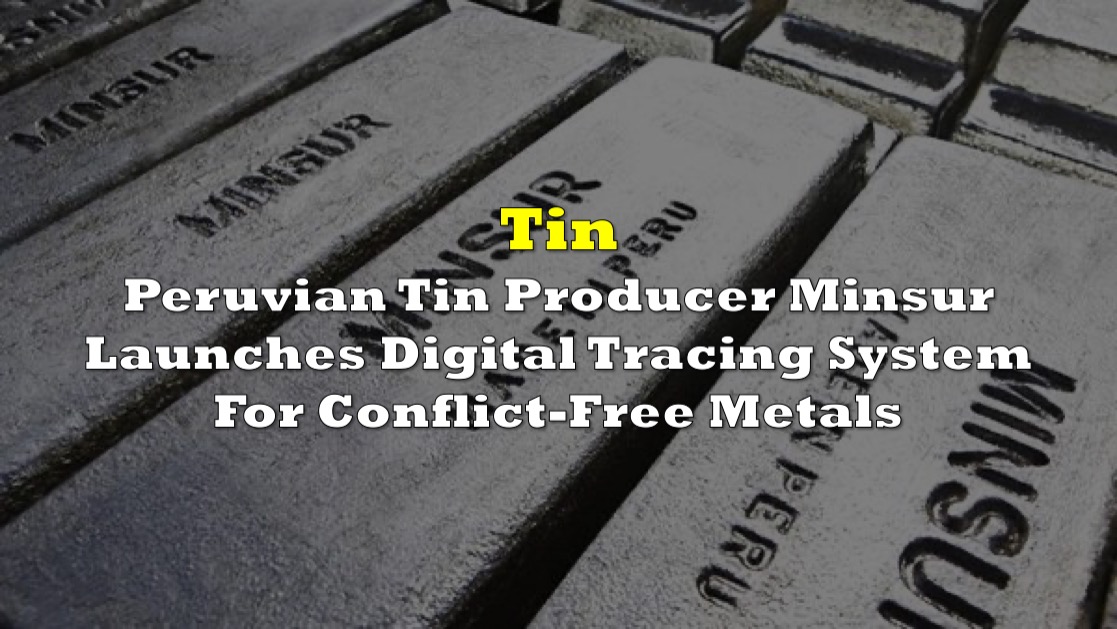One of the world’s leading tin producers is embarking on a transformative journey towards enhanced transparency and ethical sourcing in the mining industry. Minsur SA, a major player in the tin sector and controlled by the affluent Brescia family of Peru, is taking significant steps to implement a comprehensive digital tracking system for all its production.
This initiative comes as a response to the growing need for distinguishing legally and ethically sourced minerals from those that are extracted illicitly or unethically.
Minsur SA intends to meticulously monitor an impressive annual output of approximately 29,000 metric tons of tin, including its operations in Brazil. Furthermore, there are ambitious plans to expand the coverage of the Minespider traceability system to encompass gold mining activities in Brazil, as highlighted by Minsur spokesman Gonzalo Quijandria during a recent interview.
The groundbreaking blockchain-based platform serves as a powerful tool, offering irrefutable proof of the origin of tin to prospective buyers. This development is especially significant for tin, known as one of the original conflict minerals due to its extraction in regions like the Congo. It is noteworthy that a significant portion of the world’s tin supply also originates from informal mines scattered across Southeast Asia. In addition to addressing these concerns, South American nations such as Peru and Brazil are grappling with the emerging challenges posed by illegal gold and copper mining activities.
Minsur’s move to establish traceability not only represents an economic imperative but also a pressing security concern. As Gonzalo Quijandria, the Head of Corporate Affairs and Sustainability, aptly pointed out, informal mining is associated with a significant level of criminal activity. This poses a substantial challenge, especially for countries like Peru, where informality is prevalent within the economy, making it a complex issue that extends beyond mere economic implications.
This trailblazing initiative is being touted as the most extensive industrial-scale rollout of traceability to date, marking a significant milestone in the mining industry’s commitment to responsible sourcing. Efforts to ensure compliance with environmental and labor standards are not confined to the tin sector alone. In the cobalt industry, for instance, transparency initiatives have become increasingly prevalent, meticulously tracing supply chains all the way from Congolese mines to the production of electric vehicles.
Tin, a vital component used in electronic circuits as solder and protective coatings in alloys, also plays a pivotal role in the infrastructure of solar power. With the growing demand for tin in the context of the clean energy transition, these efforts towards ethical and transparent sourcing are poised to have a profound impact on the industry’s future.
Information for this briefing was found via Bloomberg and the sources mentioned. The author has no securities or affiliations related to this organization. Not a recommendation to buy or sell. Always do additional research and consult a professional before purchasing a security. The author holds no licenses.




